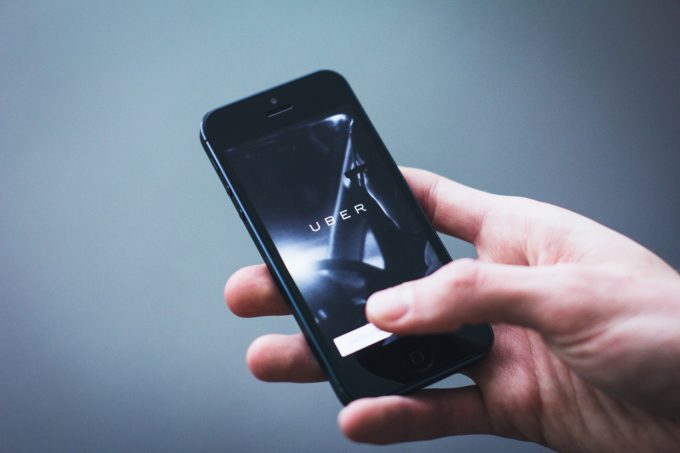
Waymo v. Uber: Surprise Settlement Five Days into Trial
By Nanding Chen – Edited by Alena Farber
On February 9th, only five days into a trial that was expected to go on for weeks, Uber settled a legal battle with Waymo over the latter’s accusation of stolen trade secrets relating to self-driving car technology. Under the settlement agreement, Uber will pay Waymo 0.34% of its equity, a share which is valued at approximately $245 million. The settlement also contains an agreement prohibiting Uber from using Waymo’s confidential information in its autonomous vehicle technology.
Waymo is the self-driving car unit under Google's parent company Alphabet. It started in 2009 as Google's self-driving car project and broke off from Google in late 2016. Anthony Levandowski, the central figure in this lawsuit and the man accused of stealing trade secrets, was a co-founder of Waymo and worked on the project as a technical lead. Levandowski left Waymo in 2016 to found Otto, a start-up company focused on self-driving trucks, which was acquired by Uber in August 2016. The controversy in this cases arises from Waymo’s claim that, shortly before left Waymo, Levandowski downloaded more than 14,000 files related to Google's self-driving car technology. Allegedly, Uber proceeded with the acquisition of Otto with full knowledge of these files and with the express intention of using that intellectual property in their own self-driving technologies, a theory which is supported by the fact that Uber indemnified Levandowski for intellectual property claims as part of the acquisition.
The exact nature of the technologies at stake is still unclear — while Waymo began the suit with both trade secret and patent claims, the latter were dropped, leaving eight trade secrets for the companies to battle over. Although the nature of trade secrets means certain portions of the trial have to happen under seal, Waymo spent only 45 minutes of the trial under seal, which commenters have criticized as possibly being too little time to robustly explain eight self-driving car trade secrets. While the precise trade secrets are unknown, we do know that the suit related to LIDAR, the laser-based technology behind self-driving vehicles, which Waymo refined at great expense. Waymo accused Levandowski of downloading LIDAR circuit board designs before his resignation, likely to help Uber in its attempts to “shortcut the process and purportedly build a comparable LIDAR system in only nine months.”
The lawsuit was highly publicized, and the timing of the settlement was surprising to many because both parties had invested significant resources in getting the case to trial. Before the trial started, Waymo tried to reach a settlement for $500 million in equity and a non-use agreement, but Uber rejected the offer. Although some embarrassing details of the Uber-Otto acquisition were revealed at trial, Waymo seemed to have a hard time arguing that Uber knowingly stole trade secrets. Waymo’s lawyers were, in fact, sanctioned by the judge for their slow progress in the trade secret misappropriation claims. This slow progress has caused some to question whether Waymo had a strong case to begin with.
The legal fight between Uber and Waymo was seen as a “battle for founder status” in the autonomous vehicle industry and vividly illustrated the cut throat competition in the tech industry. Nevertheless, the equity deal in the settlement means Waymo will be invested in Uber’s success for a long time to come.
Nanding Chen is a 1L student at Harvard Law School.